A reboot is something of a mystery. Most of the time it appears to be simply a remake with a few more liberties taken with the source material than usual, as in the case of Friday the 13th (Nispel, 2009), and The Amazing Spiderman (Webb, 2012). Frequently it looks like a sequel but with all of the main characters suddenly ignorant of any of the events of the first film, as in the case of The Incredible Hulk (Leterrier, 2008), and Evil Dead 2 (Raimi, 1987). Sometimes it even looks like a prequel, but at the end of the movie a sudden plot twist makes it so that the original story could never have happened, as in the case of Star Trek (Abrams, 2009), and Highlander: Endgame (Aarniokoski, 2000). That’s the trouble with reboots; they have so little identity to themselves that they are hard to define.
Essentially the difference between a reboot and anything else is that a reboot is designed to remove from a franchise any unwanted bits of continuity that could get in the way of sequels. The reboot is a way of streamlining a franchise down to only the bits necessary to continue forward as a film series instead of burning itself out prematurely. This way even after an audience has grown tired of the direction the franchise’s story has taken, a new director, writer, producer, actor, or all of the above, can come in and change the story completely, or even just slightly, to fit the audience's taste. They’re not remakes because (most of the time) they’re still telling a new story; it’s just that continuity has now been changed so that none of the other stories we’ve seen ever happened, or if they did they happened in a slightly different way.
Actually the concept of the reboot existed long before the aughts, but no one gave it a name until just recently. All the way back in 1940 The Mummy’s Hand (Cabanne, 1940) was released as a sequel to the Universal classic The Mummy (Freund, 1932). However in the film the Mummy has a slightly different backstory, is brought back to life through magic tea rather than by a magic scroll, walks around in bandages rather than dressed like a normal person, and has a different name ("Im-Ho-Tep" in the original, now "Kharis"). The aforementioned Evil Dead 2 (Raimi, 1987) has a short scene at the beginning which restages all of the events of the original film as only taking place in a single night to only two people, as opposed to taking place over several nights to a whole bunch of people like in the original.
The danger with reboots of course is that sometimes producers can become overly reliant on them to the detriment of the franchises they are attached too. Franchises like Godzilla, The Highlander, and Texas Chainsaw Massacre have been rebooted almost too many times to count, leaving some fans confused and a little frustrated. Some studios have started rebooting franchises just because of the popularity boosts that it has given to other franchises. After the conclusion of the wildly popular Dark Knight Trilogy brought Batman back into the pop culture main stream, Warner Brothers decided to reboot Batman in a team up movie with Henry Cavill's Superman. True the ending of that trilogy was intended as a literal ending of Batman's career, but the studio didn't need to leave it like that. After all in the source material Batman has retired, gone missing, and even died, and he always goes back to work the next day. But no they decided that a reboot was the best medicine for the franchise.

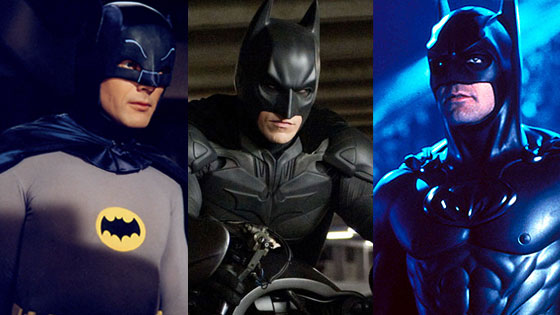
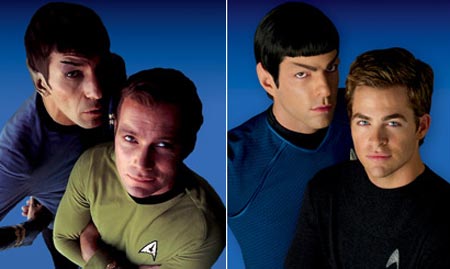
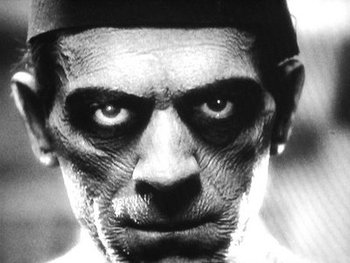
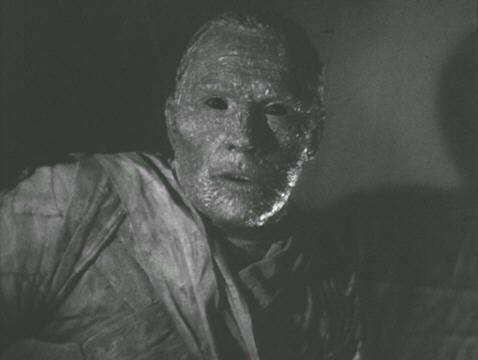
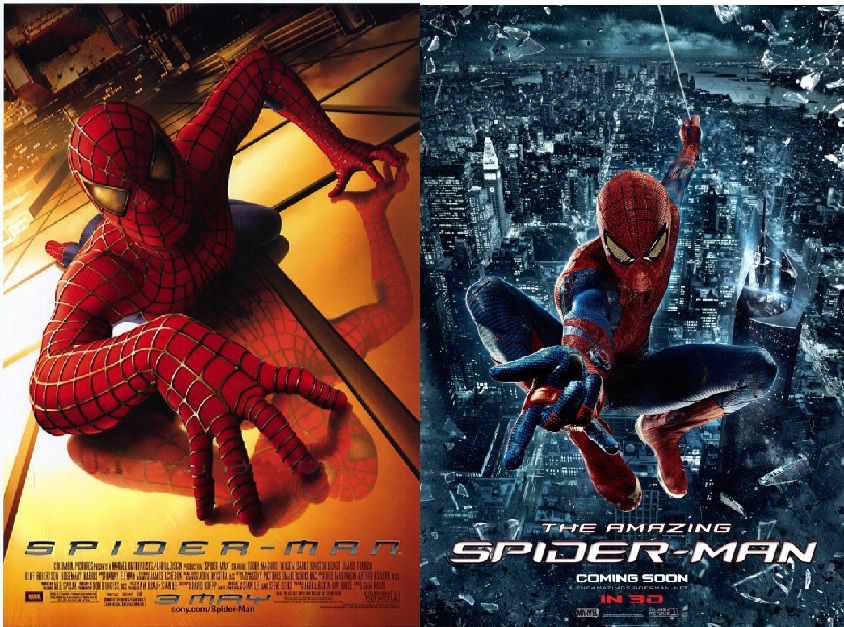
 RSS Feed
RSS Feed
